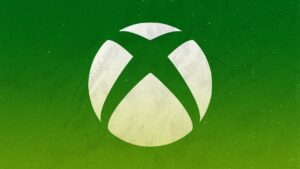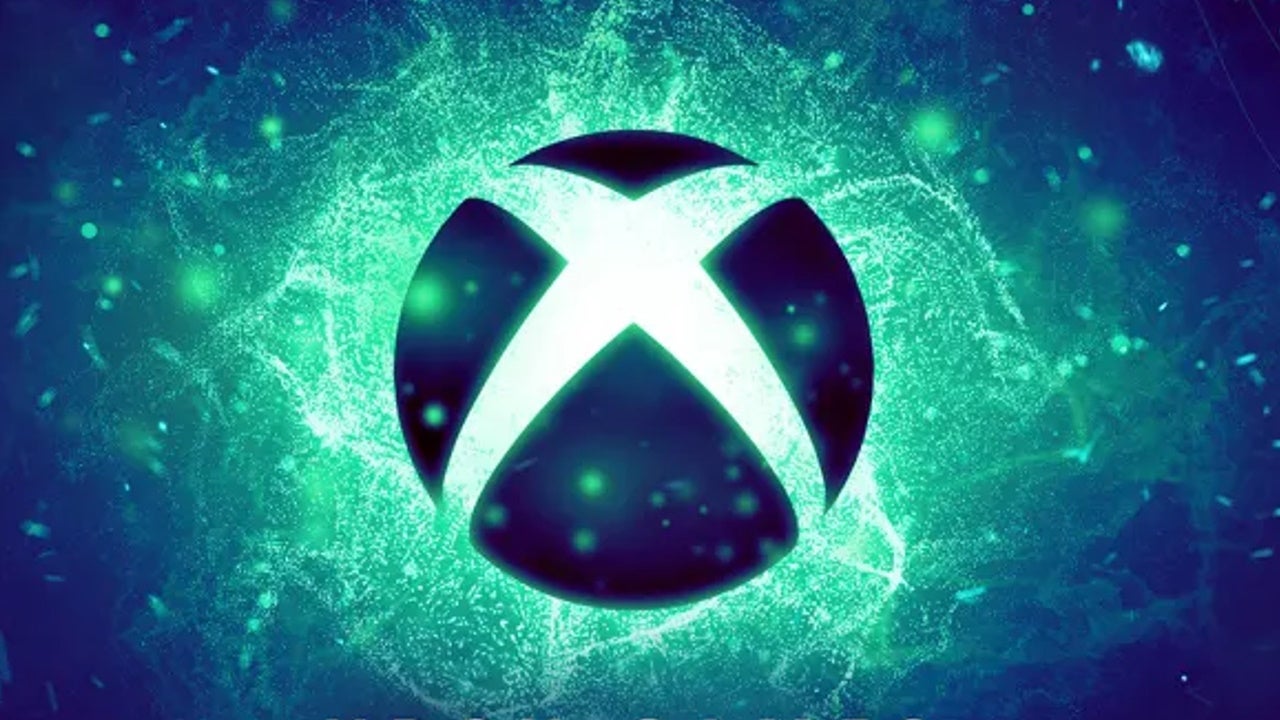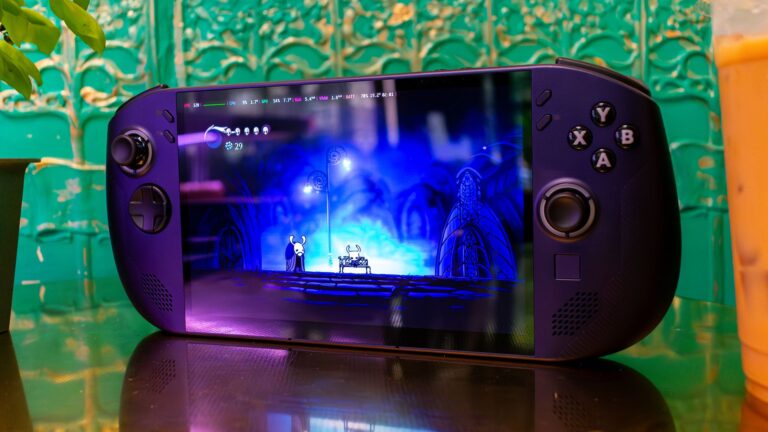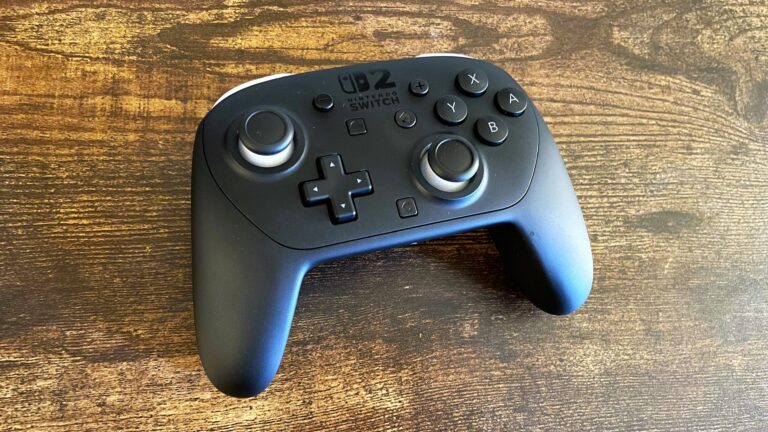The Exciting Partnership: Xbox Teams Up with AMD
In a surprising yet predictable move, Microsoft recently announced a collaboration with AMD for the development of its upcoming generation of Xbox devices. While this partnership might seem routine given industry trends, it sparks important discussions about the future of gaming hardware. The key takeaway isn’t just who’s manufacturing the hardware but the broader implications for how gaming consoles will evolve.
More notably, Microsoft revealed that the Xbox team will be working closely with the Windows division to make Windows the leading gaming platform worldwide. This shift hints at a future where the next Xbox could resemble a high-performance gaming PC more than a traditional console, especially in the wake of recent innovations like the ROG Xbox Ally X released last week. It’s an intriguing development that suggests more convergence between console and PC gaming.
What Does It Mean When Xbox and Windows Collaborate?
Over recent console generations, the line between Xbox systems and gaming PCs has been steadily blurring. The user interface of the Xbox Series X, for instance, bears a striking resemblance to Microsoft’s desktop operating system, especially if you’ve navigated Windows 8 or Windows 10. This isn’t coincidental but a sign of deeper integration.
During a video presentation about the AMD collaboration, Microsoft’s Sarah Bond emphasized their vision to enable players “to play the games they want, with the people they want, and wherever they want.” This aligns with Microsoft’s long-standing goal of making gaming more accessible through initiatives like Play Anywhere, which allows seamless progress transfer across Xbox and Windows devices.
This philosophy suggests that future Xbox consoles might support a broader range of game stores and launchers, such as Steam and Epic Games Store, moving away from a single, exclusive ecosystem. The recent announcement of an official device developed with Asus that supports multiple game stores further reinforces this idea. With such a device, playing a diverse library of games could become the norm on dedicated hardware.
The ROG Xbox Ally X: A Glimpse into the Future
The ROG Xbox Ally X, a handheld device created through a partnership between Microsoft and Asus, offers a preview of what’s possible. Unlike typical Windows-based handhelds, it runs a customized version of Windows designed to optimize gaming performance by stripping away unnecessary desktop elements.
The device boots directly into a new, streamlined Xbox app, bypassing Windows’ traditional desktop environment—a concept akin to SteamOS on the Steam Deck. This setup not only simplifies the user experience but also enhances gaming performance by reducing system overhead.
If the next Xbox operates on a similar Windows-based architecture, adopting this approach will be essential. The primary advantage of consoles over PCs is their streamlined software that grants game engines better access to hardware resources. Microsoft appears to be actively developing the tools necessary to bring this level of optimization to its future devices, making them more akin to gaming PCs than traditional consoles.
Should the Next Xbox Be a PC in Disguise?
The landscape of PC gaming is at a crossroads. While modern PCs are incredibly powerful and versatile, they come with a high price tag. Even compact handheld gaming PCs, like the Lenovo Legion Go S with SteamOS, tend to be significantly more expensive than conventional gaming consoles.
Microsoft bears some responsibility for this pricing trend, as purchasing a Windows gaming laptop or handheld often includes paying for the Windows license. This is why devices like the ROG Ally, which features a standard Z1 chip, tend to cost more than comparable Steam Deck models despite similar hardware specifications.
Traditional gaming consoles typically keep costs lower by subsidizing hardware prices through revenue from game sales and licensing fees. This model makes consoles more accessible to a broader audience. Given this, Microsoft has a unique opportunity to turn what is essentially a specialized gaming PC into a more affordable, console-like device.
With PC gaming gaining popularity faster than ever, a more affordable, console-style gaming PC could attract many new players. Considering the rising costs of high-end graphics cards, a next-generation Xbox that combines the power of a gaming PC with the affordability of a console could be a game-changer for the industry.
Such a device would not only appeal to hardcore gamers but also help introduce a wider audience to PC gaming in a more approachable way. This strategic move could revitalize the gaming market and push the boundaries of what a console can be.












